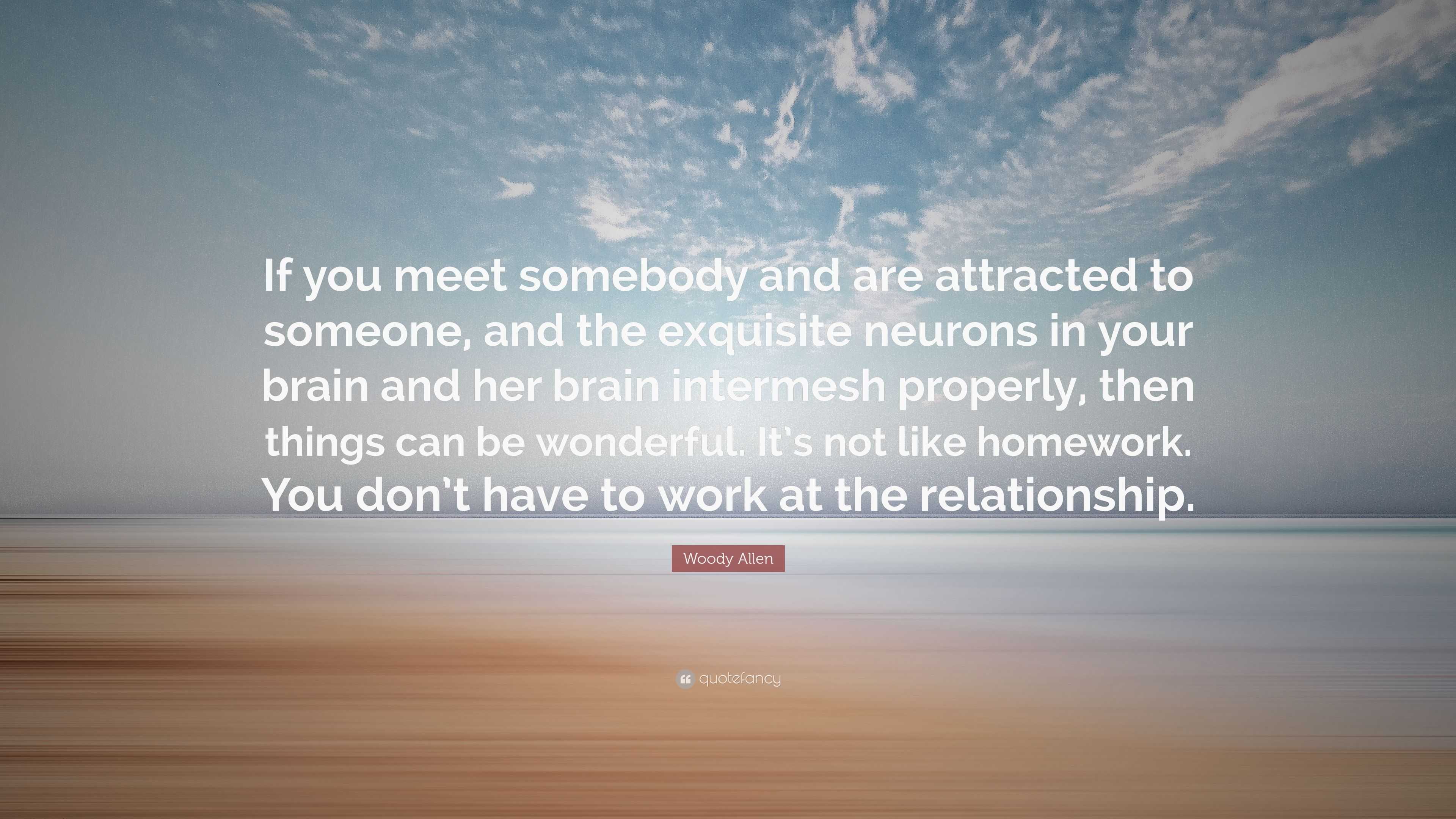When we are attracted to somebody it could be because subconsciously we like their genes

When we are attracted to somebody, it could be because subconsciously we like their genes.

Attraction is a complex and intriguing phenomenon that has fascinated scientists and researchers for years. While many factors contribute to our attraction towards someone, one interesting theory suggests that our subconscious preference for someone could be tied to our liking of their genes. This theory, known as the “genetic attraction hypothesis,” explores the idea that our instinctive desire to reproduce with individuals who have certain genetic qualities plays a role in our attraction towards them.
As humans, we are biologically driven to ensure the survival of our species by passing on our genes to the next generation. Our genetic makeup determines a wide range of characteristics, including physical attributes, personality traits, and even immune system strength. It is believed that, on a subconscious level, we are attracted to individuals who possess genes that complement and enhance our own genetic qualities, effectively increasing the chances of producing healthy offspring.

Numerous studies have explored the genetic attraction hypothesis, revealing fascinating insights into our preferences. One study conducted by Swiss researchers discovered that women were more attracted to the scent of men who had different immune system genes than their own. This preference could potentially increase genetic diversity, leading to healthier and more resilient offspring. Another study conducted by researchers at the University of New Mexico found that both men and women preferred the scent of individuals with different major histocompatibility complex (MHC) genes, which are associated with immune system function.
Although the idea of being subconsciously drawn to someone due to their genes may seem far-fetched at first, it aligns with the concept of evolutionary biology and the survival of the fittest. Our ancestors sought out mates with advantageous traits to ensure the best chances of survival for future generations. While modern society has evolved significantly, our biological instincts still influence our attractions, albeit in more subtle ways.
It’s important to note that genetic attraction is just one piece of the attraction puzzle. We are also influenced by cultural, social, and personal factors in determining our preferences. Additionally, attraction is a complex interplay of physical appearance, personality, shared values, and emotional connection. Genetic compatibility alone cannot account for the complexities of human attraction.
In conclusion, the genetic attraction hypothesis offers an intriguing perspective on why we might be attracted to certain individuals. While further research is needed to fully understand the complexities of attraction, studies exploring genetic preferences provide valuable insights into human behavior. So the next time you find yourself drawn to someone, remember that our subconscious preferences may play a role driven by our biological instinct to select a mate with desirable genetic qualities.
Source: BBC Science - Why do we fall in love?
Share
Related Posts
Quick Links
Legal Stuff

